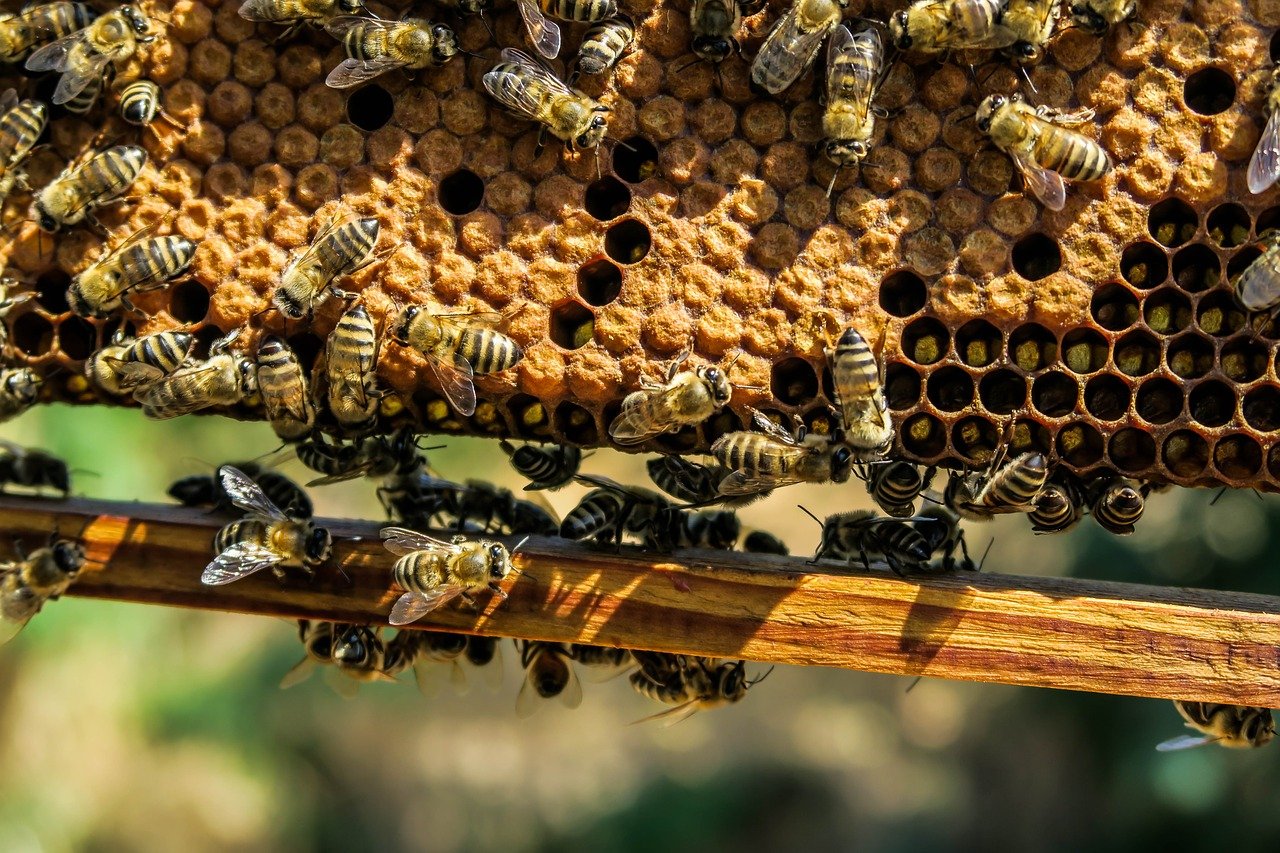
Reasons Why Bees Are Dying
Bees are vital for pollinating crops, wild plants, and supporting biodiversity, yet their populations are declining at alarming rates. Multiple factors — ranging from pesticides to climate change — are contributing to this crisis. Understanding these causes is the first step toward protecting these essential pollinators.
1. Pesticides and chemical exposure
Pesticides, especially neonicotinoids (neonics) and glyphosate, are among the top threats to bee health:
- Immune suppression: Even sublethal doses weaken bees, making them more susceptible to disease.
- Disorientation: Chemicals interfere with navigation, reducing foraging success.
- Colony stress: Chronic exposure accumulates, contributing to colony collapse disorder.
Avoiding toxic chemicals and supporting pesticide reform are crucial for bee survival.
2. Habitat loss and fragmentation
Bees need diverse forage and nesting sites, but modern landscapes often lack them:
- Loss of wildflowers and meadows due to urbanization and agriculture
- Monoculture crops reduce nutrition variety
- Fragmented habitats make it harder for bees to find food and mates
Protecting and restoring habitats ensures bees have the resources they need to thrive.
3. Climate change and extreme weather
Changing climates are adding stress to bee populations:
- Mismatched flowering times mean flowers bloom when bees aren’t active
- Extreme heat, cold, droughts, and floods disrupt foraging and nesting
- Climate impacts often interact with pesticides and disease, magnifying harm
Supporting climate solutions and resilient landscapes benefits pollinators and people alike.
4. Disease, parasites, and colony collapse disorder
Bees face multiple biological threats:
- Varroa mites and Nosema fungus attack colonies directly
- Colony Collapse Disorder (CCD) arises when pesticides, poor nutrition, and disease combine
- Healthy habitats and reduced chemical exposure help reduce disease susceptibility
5. Industrial agriculture and monoculture practices
Modern agriculture can inadvertently harm bees:
- Monoculture crops limit diet diversity
- Overreliance on managed honeybees strains populations
- Large-scale farming reduces wild pollinator habitats
Supporting diversified farms, organic agriculture, and pollinator-friendly practices helps reverse bee declines.
Protecting bees: What you can do
- Plant pollinator-friendly gardens with native wildflowers
- Avoid toxic pesticides in gardens and farms
- Support bee-friendly retailers
- Advocate for policies protecting pollinator habitats and regulating pesticides
By tackling pesticides, habitat loss, climate stress, and industrial pressures, we can give bees the chance to recover and continue supporting healthy ecosystems and food systems.
Related Posts
Ways to Support Our Work

Read Latest News
Stay informed and inspired. Read our latest press releases to see how we’re making a difference for the planet.

See Our Impact
See the real wins your support made possible. Read about the campaign wins we’ve fought for and won together.

Donate Today
Help power change. It takes support from environmental champions like you to build a more healthy and just world.